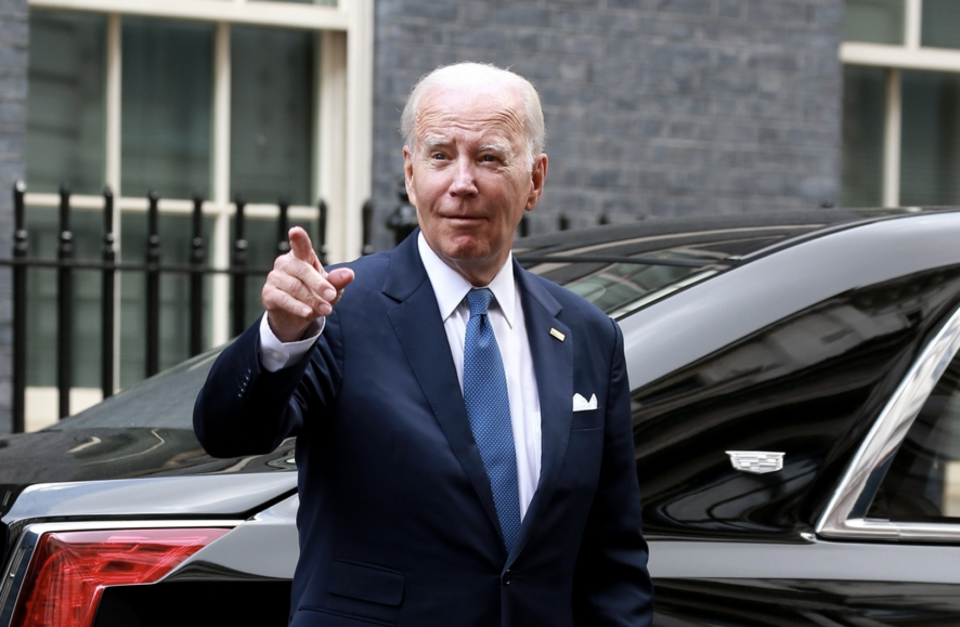President Biden’s recent remarks in Milwaukee regarding student loan forgiveness stirred controversy and scrutiny, particularly among conservative circles, due to their accuracy and implications. During his speech, Biden boasted about his efforts to eliminate student debt, citing a figure of 136 million people whose debt he claimed to have relieved, despite a Supreme Court ruling against his $400 billion student loan forgiveness plan in June.
The president’s statement, though met with applause, drew attention to concerns about overstepping the separation of powers and raised questions regarding the accuracy of his claims. While Biden asserted that 136 million people’s debts were relieved, data from early December indicated that approximately $132 billion in student loan debt had been written off, benefiting around 3.6 million borrowers. The discrepancy in the figures has triggered speculation about whether the president misspoke or mistakenly conflated numbers.
Moreover, Biden’s assertion sparked criticism and skepticism, primarily because the number of individuals currently holding student loan debt stands at around 40 million. This discrepancy between the actual number of borrowers and the inflated figure cited by the president—136 million—raises doubts about the feasibility of relieving debt for such an extensive population without considering other forms of debt, such as mortgages and auto loans.
The president’s comments concerning the impact of student loan interest on borrowers, preventing them from making significant financial investments like buying homes or starting businesses, garnered attention. However, his linking of student loan relief to “erasing black history and banning books” contributed to a broader debate and controversy regarding the direction and focus of such policies.
Critics, particularly among conservatives, are likely to emphasize the significant burden on taxpayers who do not have student loans, estimated at around 290 million people, and who bear the financial weight of funding the student debt relief initiatives proposed by the Biden administration. This aspect of the debate raises concerns about the broader economic impact and the allocation of taxpayer funds toward debt forgiveness, prompting discussions on fiscal responsibility and equitable distribution of government resources.

